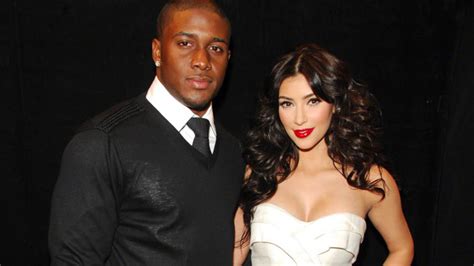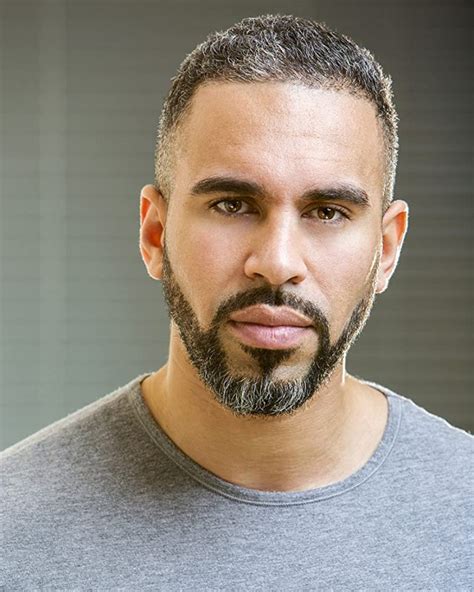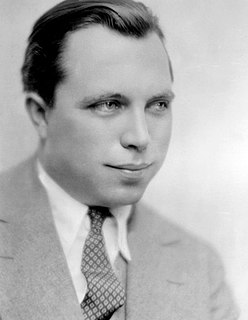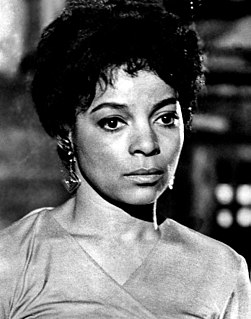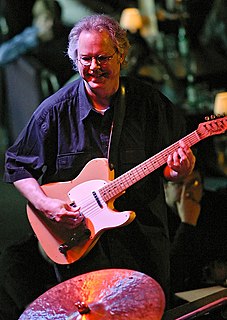A Quote by John Lee Hancock
Every director knows it is his job to be manipulative. When you make an edit, you are trying to manipulate.
Quote Topics
Related Quotes
Action is cool but it's all down to the director's interpretation at the end of the day, so you have to serve his visions and do what you can. So, you do your job to the best of your ability, you perform the fight and then it's out of your hands. It's then down to the director or the producer. You can give your opinion but often it's not heard. Actors have their riders and all kinds of contract terms and one of my big ones as I continue to make a name for myself as a top action guy is that I design my own action in films and oversee the edit.
I think a lot of the logic of Google+ is much better in terms of notification of messages to you, in terms of how you post. One very obvious feature is that with Google+, after you post something, you can edit it forever. That is true of both posts and comments. I edit almost every post I make and almost every comment I make.
I learned a lot from Clint [Eastwood], who's an extremely economic director. I learned a lot from Michael Winterbottom, who really gave a lot of trust in the actors and allowed them to live in the space instead of trying to manipulate and make it too set and too staged. Working with [Robert] De Niro taught me a lot of being an actors' director and what that is. I've learned a lot from pretty much everybody. Hopefully I've picked up something from everybody I've worked with.
Not one of the orthodox ministers dare preach what he thinks if he knows a majority of his congregation think otherwise. He knows that every member of his church stands guard over his brain with a creed, like a club, in his hand. He knows that he is not expected to search after the truth, but that he is employed to defend the creed. Every pulpit is a pillory, in which stands a hired culprit, defending the justice of his own imprisonment.
At least one reason for trying to live lives that make a difference is that by so living, we hope we will not be forgotten by those who benefit from our trying to make a difference. Yet to try to insure we will not be forgotten too often results in desperate manipulative strategies that are doomed to fail.
A person who is obsessed with Jesus knows that the best thing he can do is be faithful to his Savior in every aspect of his life, continually saying "Thank You!" to God. An obsessed person knows there can never be intimacy if he is always trying to pay God back or work hard enough to be worthy. He revels in his role as a child and friend of God.
I certainly would never overstep my bounds and make suggestions to a director. As an actor I'm trying to fit to the best of my abilities within the director's vision, and trying to find some happy rapport where we can both bring something to it that's fresh. Usually I've been lucky in working with directors who have trusted my instincts.
Sometimes, when actors reach out to their characters, they're nowhere in sight. They need to find something inside of them. And then the characters are right there. As a director, I want them to find the character that's already inside them, instead of trying to manufacture or manipulate or make something up. That's not really honest or true.

